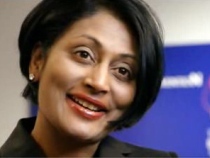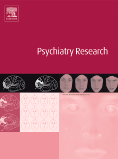![]() California State University, Northridge has settled a lawsuit with a former employee, who sued the university after claiming it fired him over his creationist beliefs.
California State University, Northridge has settled a lawsuit with a former employee, who sued the university after claiming it fired him over his creationist beliefs.
In 2013, Mark Armitage was fired from his position as manager of the biology department’s electron and confocal microscopy suite at California State University Northridge (CSUN), after publishing a paper in in Acta Histochemica that he believed showed the horns dated to the time of a biblical flood. The following year, Armitage sued CSUN, arguing he was fired because he is a creationist.
A spokesperson for California State University Northridge (CSUN) told us Armitage was terminated for other reasons, and the university chose to settle to avoid a lengthy legal battle: Continue reading University makes six-figure lawsuit settlement with creationist







 A U.S. Congressional subcommittee is investigating two cases of fraud affecting one Colorado lab run by the U.S. Geological Survey (USGS).
A U.S. Congressional subcommittee is investigating two cases of fraud affecting one Colorado lab run by the U.S. Geological Survey (USGS).